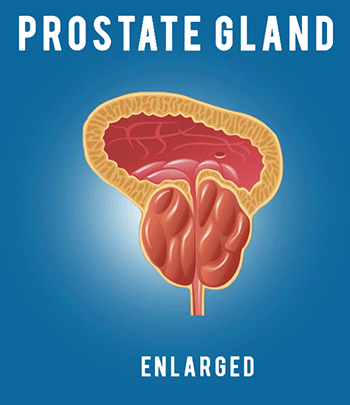World Alzheimer Report 2012: Overcoming the stigma of dementia
Every four seconds someone around theworld will develop dementiathirty eight million people are affectedworldwidea number that will rise to a hundred andfifteen millionby 2050. Dementia knows no social, economic,ethnic or geographical boundaries. Although each person will experiencedementia in their own way, a common threadwill be the stigma they are likelyto experience. At a time when people are most in needof love and supporta wall of stigma closes in around them. People with dementiaare excluded and also that people don’tknow how to interact with persons with dementiathat people are afraid ofpersons with dementia and that they arevery much afraid of the disease itself, andso they try to avoid them. Dementia can strike anyone over the ageof forty fiveBep was first diagnosed in 2007The new report, Overcoming the stigma of dementia, released by Alzheimer’s DiseaseInternational on the occasion of WorldAlzheimer’s Dayexplores the emotional social andfinancial impact of stigma. It’s based ona survey of over two thousand fivehundred people affected by dementiaacross fifty four countries. Executive Director of ADI, Marc WortmannThe World Alzheimer Reports are made tohelp us making Alzheimer’s disease anddementia a global health priority. They give data on the the cost andthe numbers of people with the diseaseand other background information. Stigma is a very important topicbecause it’s a barrierto find solutions forthis disease areabecause many people don’t understand thediseaseand try to. . . not to talk about it. Nearly one-in-four respondents withdementia said they had concealed theirdiagnosis from family and friends forfear of being stigmatized. A similar number said they had stoppedforming close relationships since thediagnosis. The survey also reveals thatnearly forty percent of people felt theyhad been avoided or treated differentlybecause of their diagnosis. They don’t want to see her nowIt should be the other way around, you know. They should come and see her more nowBut they are keeping away because they don’t want to see her in this state. Report co-author and specialist in dementia, Nicole BatschThe most important findings from thesurvey included the marginalizationof the person with dementia,the social exclusion of the person withdementia and their carer, feeling sociallyexcluded and really the person with dementia wanting to feelthat they uh. . . that they’re a human being stillandwanting people to focus on theirabilities and not their disabilities. Some peopletreated me differentlyor still dothey try to be overprotectivethey think I’ma kind of childand they try to tell me what to do, whento doit’s like a remote-control. Socialexclusion was another major theme asnearly forty percent of people withdementia reported not being included ineveryday life. The biggest source of stigma thatpeople identified was a loss of friendsthat’s both for the person with dementiaand the carer. They experience either their friends pulling away or they stop calling . . . they stop invitingthe person with dementia and the carer out tosocial opportunities. Society can help tominimize stigma by accepting peoplewith dementia in society. Give people theopportunity to take part in normalday-to-day activities, talk to them,just approach them as you did beforeand don’t walk away from your friendsif they are hit by this disease. Nearly two outof three respondents felt that there waslittle or no understanding of dementiain their countries. Chairman of Alzheimer’s DiseaseInternational, Dr Jacob RoySociety and governmentshave to promotedementia friendly communitiesworldwide. They need to invest inservices and the system to improvethe quality of life for people with dementia. We urge the world’s governments toconsider recognize dementia as anationalhealth and social care priority. One of the good things that could happenis if countries decide onawareness campaigns – public awareness campaigns – and governments can play a roleinto that. To get a better understanding of the diseaseand ideally every country should havea national Alzheimer plan.


